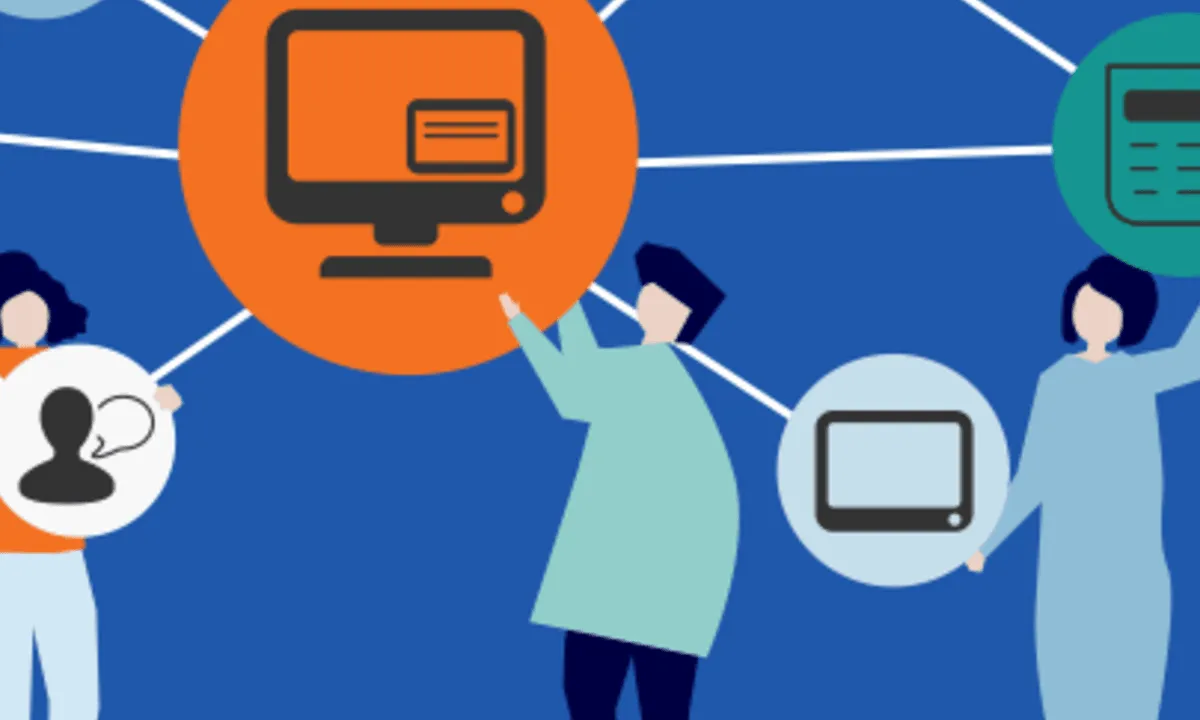
Foundational Skills for Communicating About Health 
Explore the essentials of Foundational Skills for Communicating About Health ▼
ADVERTISEMENT
Course Feature
![]() Cost:
Cost:
Free
![]() Provider:
Provider:
Coursera
![]() Certificate:
Certificate:
Paid Certification
![]() Language:
Language:
English
![]() Start Date:
Start Date:
17th Jul, 2023
Course Overview
❗The content presented here is sourced directly from Coursera platform. For comprehensive course details, including enrollment information, simply click on the 'Go to class' link on our website.
Updated in [March 06th, 2023]
This course, Foundational Skills for Communicating About Health, provides learners with the skills to effectively communicate with different audiences. Learners will gain the ability to analyze and tailor communication efforts, develop clear messages, create logical and compelling stories, and understand and apply important considerations with language and nonverbal communication. This course is beneficial for both beginning and experienced health professionals, such as public health professionals, clinicians, health advocates, and scientists and researchers in any health domain.
[Applications]
The application of the skills learned in this course can be seen in the ability to effectively communicate with different audiences, develop clear messages, create logical and compelling stories, and understand and apply important considerations with language as well as nonverbal communication. Health professionals can use these foundational skills to communicate with other professionals, patients, policymakers, or the broader public. Additionally, the course is beneficial for both beginning and experienced health professionals, as well as public health professionals, clinicians, health advocates, and scientists and researchers in any health domain.
[Career Paths]
1. Health Communications Specialist: Health Communications Specialists are responsible for developing and implementing effective communication strategies to promote health and wellness. They create and manage campaigns, develop materials, and use digital and traditional media to reach target audiences. As the healthcare industry continues to evolve, Health Communications Specialists must stay up-to-date on the latest trends and technologies to ensure their campaigns are successful.
2. Health Educator: Health Educators are responsible for providing health education and promotion to individuals, families, and communities. They create and deliver educational materials, develop health programs, and provide resources to help people make informed decisions about their health. Health Educators must be knowledgeable about the latest health trends and be able to effectively communicate with diverse audiences.
3. Health Policy Analyst: Health Policy Analysts are responsible for researching and analyzing health policies and programs. They evaluate the effectiveness of existing policies, identify areas for improvement, and develop new policies to address health issues. As healthcare continues to become more complex, Health Policy Analysts must stay up-to-date on the latest trends and technologies to ensure their policies are effective.
4. Public Health Advocate: Public Health Advocates are responsible for advocating for public health initiatives and policies. They work to raise awareness of public health issues, develop campaigns to promote health initiatives, and work with policymakers to ensure public health initiatives are implemented. As healthcare continues to evolve, Public Health Advocates must stay up-to-date on the latest trends and technologies to ensure their advocacy efforts are successful.
[Education Paths]
1. Bachelor of Science in Health Communication: A Bachelor of Science in Health Communication is a degree program that focuses on the development of communication skills and strategies for health professionals. This degree program provides students with the knowledge and skills to effectively communicate with patients, colleagues, and the public. Students will learn how to create effective messages, develop persuasive stories, and understand the importance of nonverbal communication. This degree program is ideal for those who want to pursue a career in health communication, such as a health educator, health advocate, or public health professional.
2. Master of Public Health: A Master of Public Health (MPH) is a degree program that focuses on the development of public health skills and strategies. This degree program provides students with the knowledge and skills to effectively address public health issues. Students will learn how to analyze data, develop public health policies, and understand the importance of health communication. This degree program is ideal for those who want to pursue a career in public health, such as a health policy analyst, health advocate, or public health professional.
3. Doctor of Public Health: A Doctor of Public Health (DrPH) is a degree program that focuses on the development of advanced public health skills and strategies. This degree program provides students with the knowledge and skills to effectively address complex public health issues. Students will learn how to analyze data, develop public health policies, and understand the importance of health communication. This degree program is ideal for those who want to pursue a career in public health, such as a health policy analyst, health advocate, or public health professional.
4. Master of Science in Health Communication: A Master of Science in Health Communication is a degree program that focuses on the development of advanced communication skills and strategies for health professionals. This degree program provides students with the knowledge and skills to effectively communicate with patients, colleagues, and the public. Students will learn how to create effective messages, develop persuasive stories, and understand the importance of nonverbal communication. This degree program is ideal for those who want to pursue a career in health communication, such as a health educator, health advocate, or public health professional.
The development of health communication skills is becoming increasingly important as health professionals are expected to communicate effectively with patients, colleagues, and the public. As such, degree programs such as the Bachelor of Science in Health Communication, Master of Public Health, Doctor of Public Health, and Master of Science in Health Communication are becoming more popular and in demand. These degree programs provide students with the knowledge and skills to effectively communicate with patients, colleagues, and the public, as well as to analyze data, develop public health policies, and understand the importance of health communication.
Pros & Cons

Clear messages and examples.

Easy to follow curriculum.

Experienced faculty.

Precise and discrete ideas.

Not boring with readings and videos.

Peer reviews not counting towards final score.

Variable peer reviews.
Course Provider

Provider Coursera's Stats at AZClass
Foundational Skills for Communicating About Health allows learners to learn basic skills in communication about health in various fields. First, they can learn how to analyze and tailor communication efforts for different audiences. This includes learning how to develop clear messages, create logical and compelling stories, and understand and apply important considerations of verbal and nonverbal communication. Second, learners learn how to communicate effectively with other professionals, patients, policy makers or the wider public. This includes learning how to use verbal and non-verbal communication to convey information in a clear and concise manner.
Discussion and Reviews
0.0 (Based on 0 reviews)
Explore Similar Online Courses

Intro to Git

Build a Simple Dynamic Site with Nodejs Course

Python for Informatics: Exploring Information

Social Network Analysis

Introduction to Systematic Review and Meta-Analysis

The Analytics Edge

DCO042 - Python For Informatics

Causal Diagrams: Draw Your Assumptions Before Your Conclusions

Whole genome sequencing of bacterial genomes - tools and applications

Managing Stress and Anxiety in the Workplace

Improve Your Communication: Skills For Professional Success


Start your review of Foundational Skills for Communicating About Health